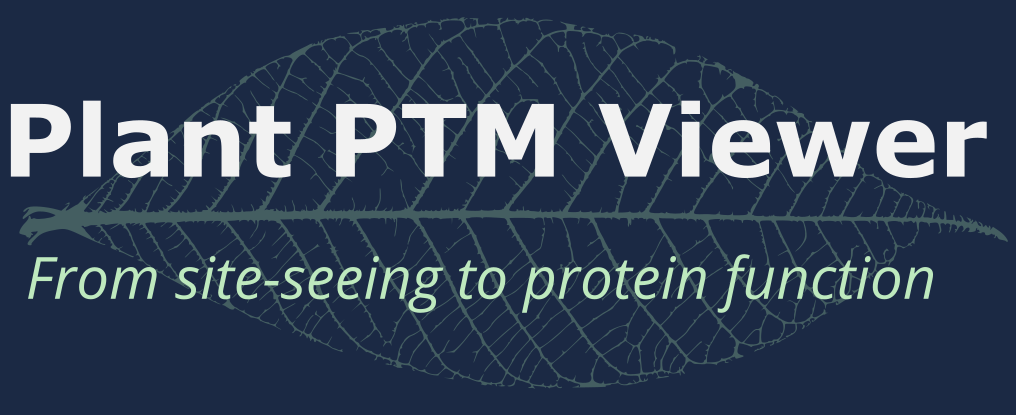Publication Information
Nietzel et al., 2019
No external accession available
Abstract
Proc Natl Acad Sci U S A. 2020 Jan 7;117(1):741-751. doi:
10.1073/pnas.1910501117. Epub 2019 Dec 23.
Redox-mediated kick-start of mitochondrial energy metabolism drives
resource-efficient seed germination.
Nietzel T(1), Mostertz J(2), Ruberti C(1), Née G(1), Fuchs P(1)(3), Wagner
S(1)(4), Moseler A(3)(5), Müller-Schüssele SJ(3), Benamar A(6), Poschet G(7),
Büttner M(7), Møller IM(8), Lillig CH(9), Macherel D(6), Wirtz M(7), Hell R(7),
Finkemeier I(1), Meyer AJ(3), Hochgräfe F(2), Schwarzländer M(10).
Author information:
(1)Institute of Plant Biology and Biotechnology, University of Münster, D-48143
Münster, Germany.
(2)Competence Center Functional Genomics, University of Greifswald, D-17489
Greifswald, Germany.
(3)Institute of Crop Science and Resource Conservation, University of Bonn,
D-53113 Bonn, Germany.
(4)Max Planck Institute for Plant Breeding Research, D-50829 Cologne, Germany.
(5)Faculté des Sciences et Technologies, UMR 1136 Interactions
Arbres/Microorganismes, Université de Lorraine, F-54506 Vandœuvre-lès-Nancy,
France.
(6)Institut de Recherche en Horticulture et Semences, Université d'Angers, UMR
1345, F-49071 Beaucouzé Cedex, France.
(7)Centre for Organismal Studies Heidelberg, Heidelberg University, D-69120
Heidelberg, Germany.
(8)Department of Molecular Biology and Genetics, Aarhus University, DK-4200
Slagelse, Denmark.
(9)Institute for Medical Biochemistry and Molecular Biology, University Medicine
Greifswald, D-17489 Greifswald, Germany.
(10)Institute of Plant Biology and Biotechnology, University of Münster, D-48143
Münster, Germany; markus.schwarzlander@uni-muenster.de.
Seeds preserve a far developed plant embryo in a quiescent state. Seed
metabolism relies on stored resources and is reactivated to drive germination
when the external conditions are favorable. Since the switchover from quiescence
to reactivation provides a remarkable case of a cell physiological transition we
investigated the earliest events in energy and redox metabolism of Arabidopsis
seeds at imbibition. By developing fluorescent protein biosensing in intact
seeds, we observed ATP accumulation and oxygen uptake within minutes, indicating
rapid activation of mitochondrial respiration, which coincided with a sharp
transition from an oxidizing to a more reducing thiol redox environment in the
mitochondrial matrix. To identify individual operational protein thiol switches,
we captured the fast release of metabolic quiescence in organello and devised
quantitative iodoacetyl tandem mass tag (iodoTMT)-based thiol redox proteomics.
The redox state across all Cys peptides was shifted toward reduction from 27.1%
down to 13.0% oxidized thiol. A large number of Cys peptides (412) were redox
switched, representing central pathways of mitochondrial energy metabolism,
including the respiratory chain and each enzymatic step of the tricarboxylic
acid (TCA) cycle. Active site Cys peptides of glutathione reductase 2,
NADPH-thioredoxin reductase a/b, and thioredoxin-o1 showed the strongest
responses. Germination of seeds lacking those redox proteins was associated with
markedly enhanced respiration and deregulated TCA cycle dynamics suggesting
decreased resource efficiency of energy metabolism. Germination in aged seeds
was strongly impaired. We identify a global operation of thiol redox switches
that is required for optimal usage of energy stores by the mitochondria to drive
efficient germination.
DOI: 10.1073/pnas.1910501117
PMCID: PMC6955286
PMID: 31871212 [Indexed for MEDLINE]
Conflict of interest statement: The authors declare no competing interest.

